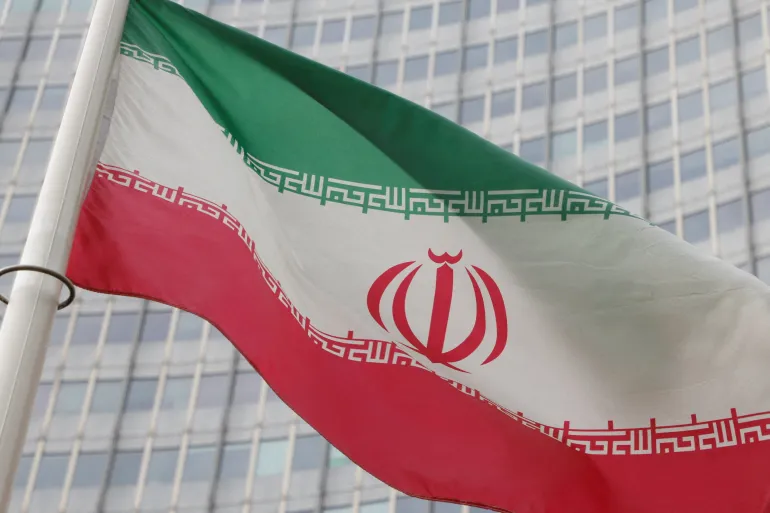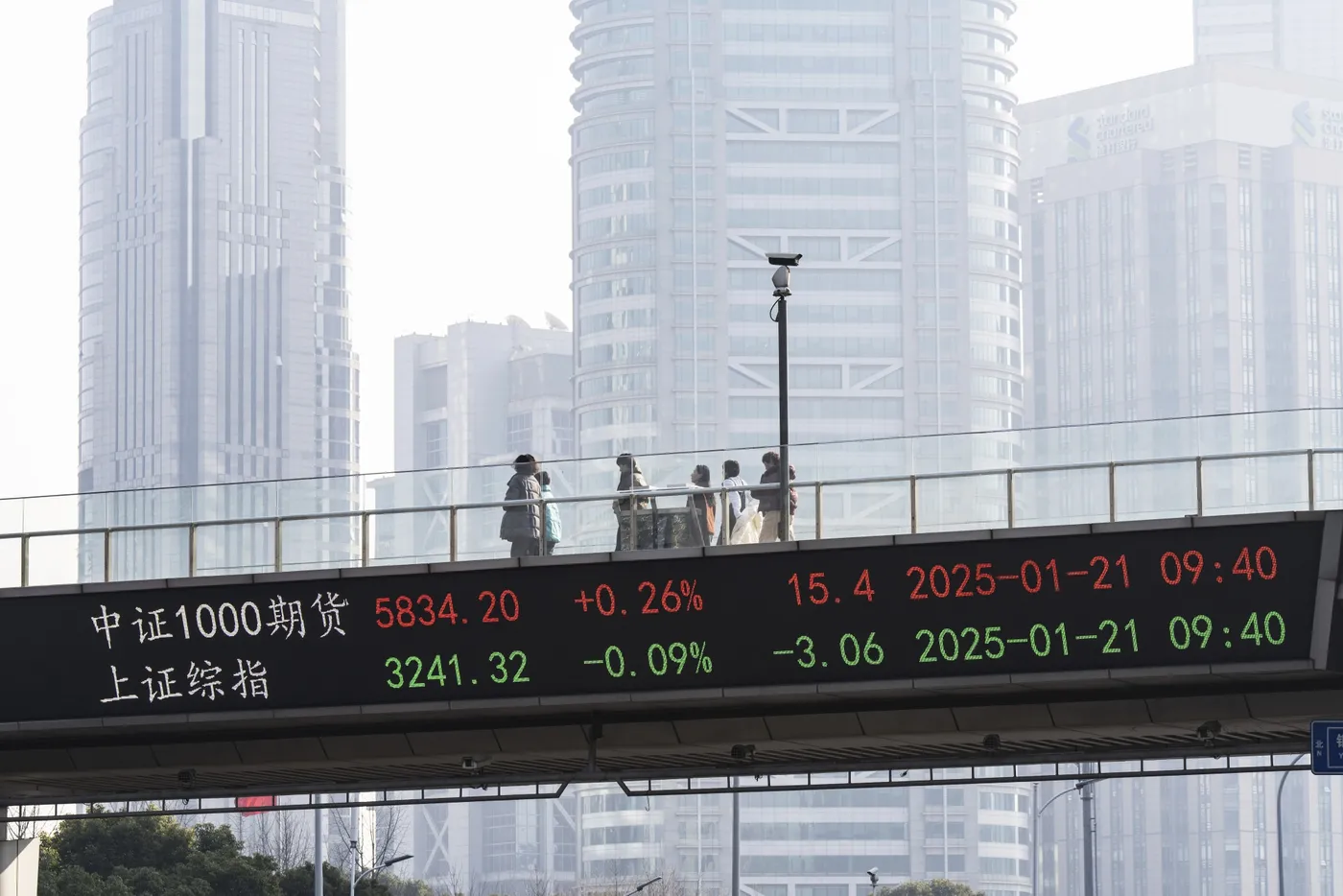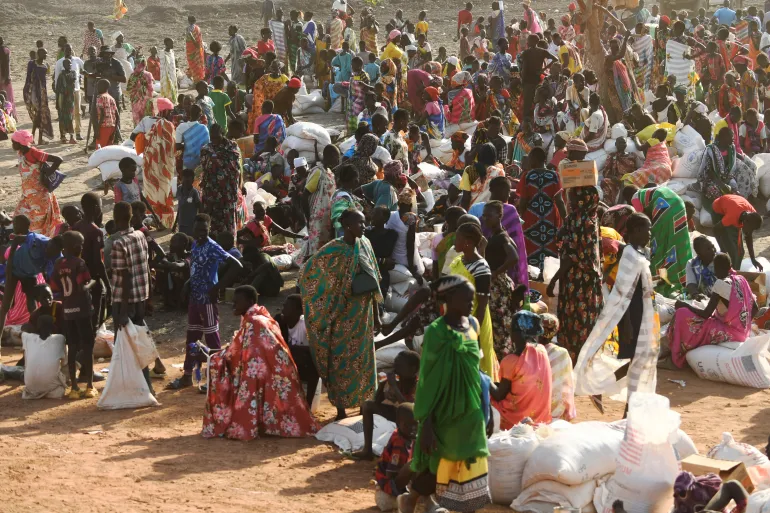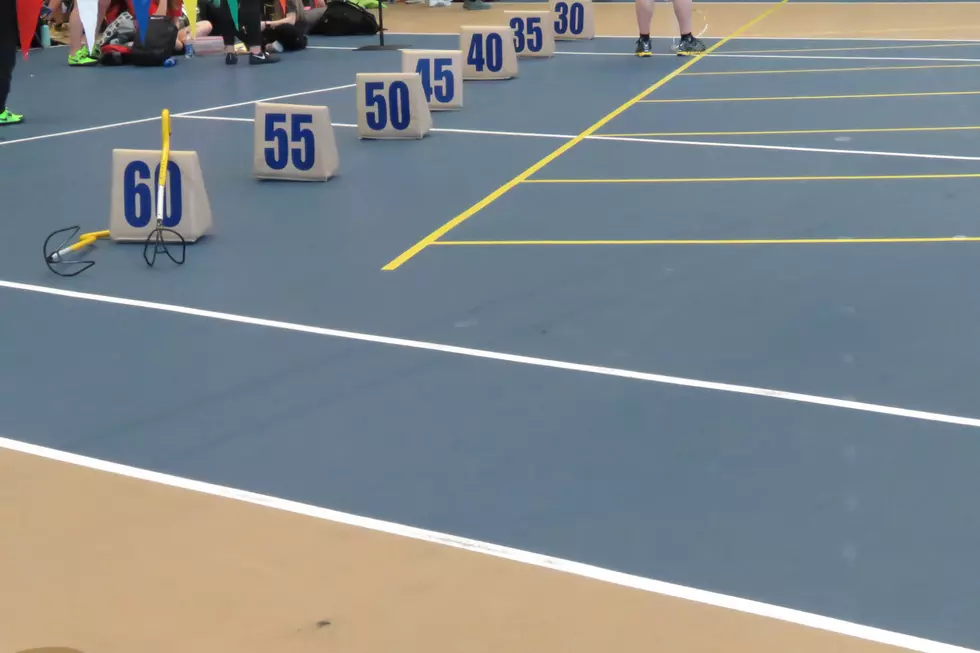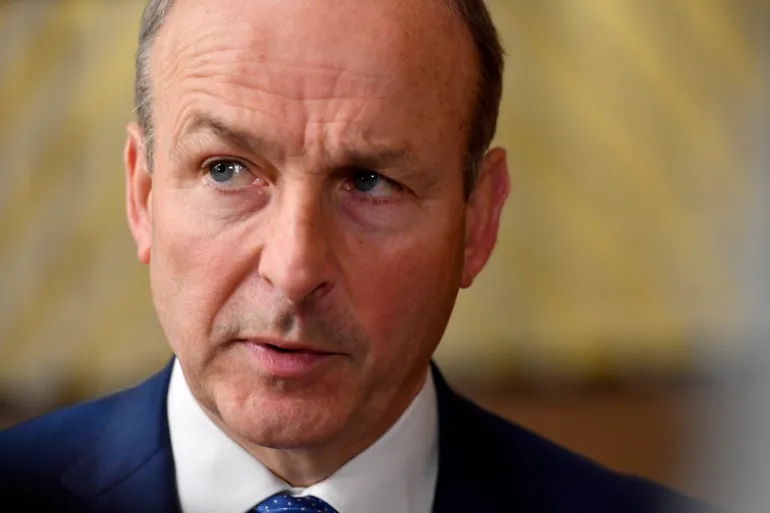НUNDREDS OF VENEZUELAN MIGRANTS ARE STRANDED IN PANAMA’S CAPITAL LOOKING FOR A WAY HOME
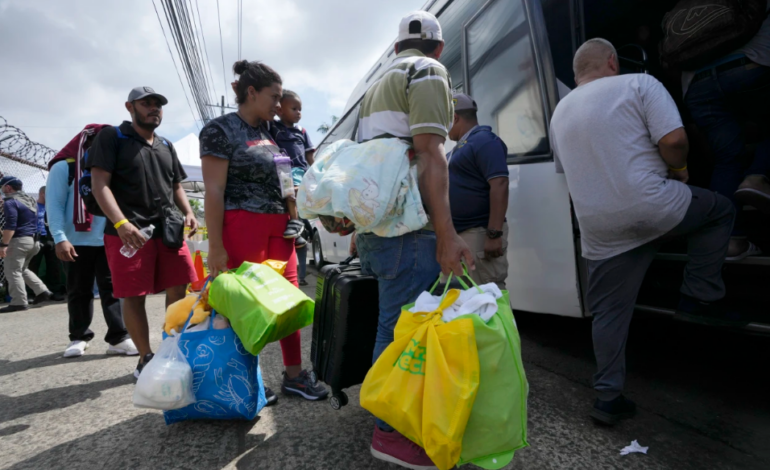
“The only news that arrived to us was that they had closed the border. … It destroyed us,” a Venezuelan who crossed the Darien Gap into Panama said.
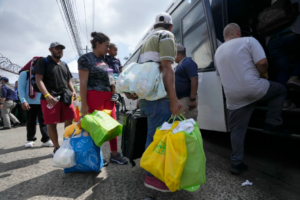
Several hundred Venezuelan migrants crowded a makeshift shelter in the Panamanian capital of Panama City, after being stranded by a new U.S. order to expel people from Venezuela who arrive illegally at its border.
The migrants, who crossed the dangerous Darien jungle, bordering Colombia, remain in a warehouse set up as a shelter where they are attended by Panamanian and Venezuelan authorities. “Since we lost everything having gone through the jungle, we are without tickets, without the economy (resources) to take the flight that supposedly is humanitarian, but they are charging us 280 dollars” explained Douglas Gálvez (who is traveling with his wife and two minor children) to the to The Tico Times journalist per person. Gálvez wants to return to his country “to start over” and asked for support from the international community to pay for the tickets.
On October 12, US officials announced that they were ready to accept up to 24,000 Venezuelans at airports and would return to Mexico those who illegally tried to cross the southwestern border. The new restrictions severely curtailed the flow of refugees from Venezuela, many of whom previously were being paroled into the United States.
Local journalists also interviewed Jorge Lizcano, a 31-year-old Venezuelan who had left Tachira with his brother and other refugees. He said that they learned about the innovation just after they reached the camp in Panama near the Caribbean coast.
“We turned on our cell phones to let family know that we were well and … the only news that arrived to us was that they had closed the border, that there were no more opportunities,” told Lizcano. “It destroyed us.”
But despite all the difficulties, they decided to move on, hoping that by the time they got out of the jungle, the news would have changed. “At that moment we didn’t believe it, we thought it was a lie. We started calling relatives in the USA, in Chile, and they told us, yes, that’s true. At that moment, we hung our heads and wept.”
In the end, the group did make it to the United Nations camp.
Some of them went to a state shelter in the capital at the beginning of the week. Brother, cousin, and a friend of Lizcano have already returned to Venezuela by plane. Meanwhile Lizakano is still waiting for a humanitarian flight because he has no money left to buy a return ticket.
“The only option is to go back to Venezuela and face the reality … the good part is that my mother, my father, my children are waiting for me, and I think that is something that will help me to move on. We all lost the little that we had.”
According to Panama’s National Immigration Service, about 900 Venezuelans have already returned home on charter flights since the start of the new US immigration policy. Many of those who still stay in a state shelter and cannot pay $280 hope nongovernmental organizations will cover the cost.
About 206,000 migrants crossed the Darién Passage this year, 170,000 of them Venezuelans, according to government data.
The U.S. policy change was driven by the rapid growth of illegal migration. According to US Customs and Border Protection, in last September there were about 34,000 Venezuelans who intended to cross the border.
Last Friday, the US and Mexican authorities issued a report on the first results of the new migration policy, according to which: 7,500 applications were being processed and the first 100 Venezuelans had been approved to fly. Biden administration officials announced that nowadays about 150 Venezuelans cross the border from Mexico daily, down from about 1,200 before the new migration policy.
The US Department of Homeland Security said the first four Venezuelans on parole in the United States arrived on Saturday – two from Mexico, one from Guatemala, one from Peru – and hundreds more were cleared to fly. The program, which requires prior online registration and applicants to have a US sponsor, is similar to the program created for Ukrainians earlier this year.
José Gregorio Baez, a 24-year-old Venezuelan from Carabobo, said he was crossing the Nicaraguan border when he heard about the policy change. For a while, he still hoped to get to the States, but then he gave up.
“I didn’t continue because it meant to keep losing money because with the news that they closed (the border) there, I decided it was best to go back and now I’m looking for a flight home.”
________
Main sources: NBC News, The Washington Post, The Tico Times https://www.nbcnews.com/news/latino/venezuelans-stranded-panama-us-policy-change-return-home-rcna54280

